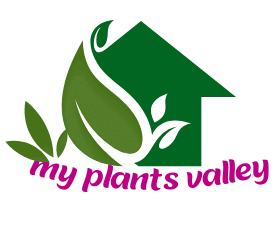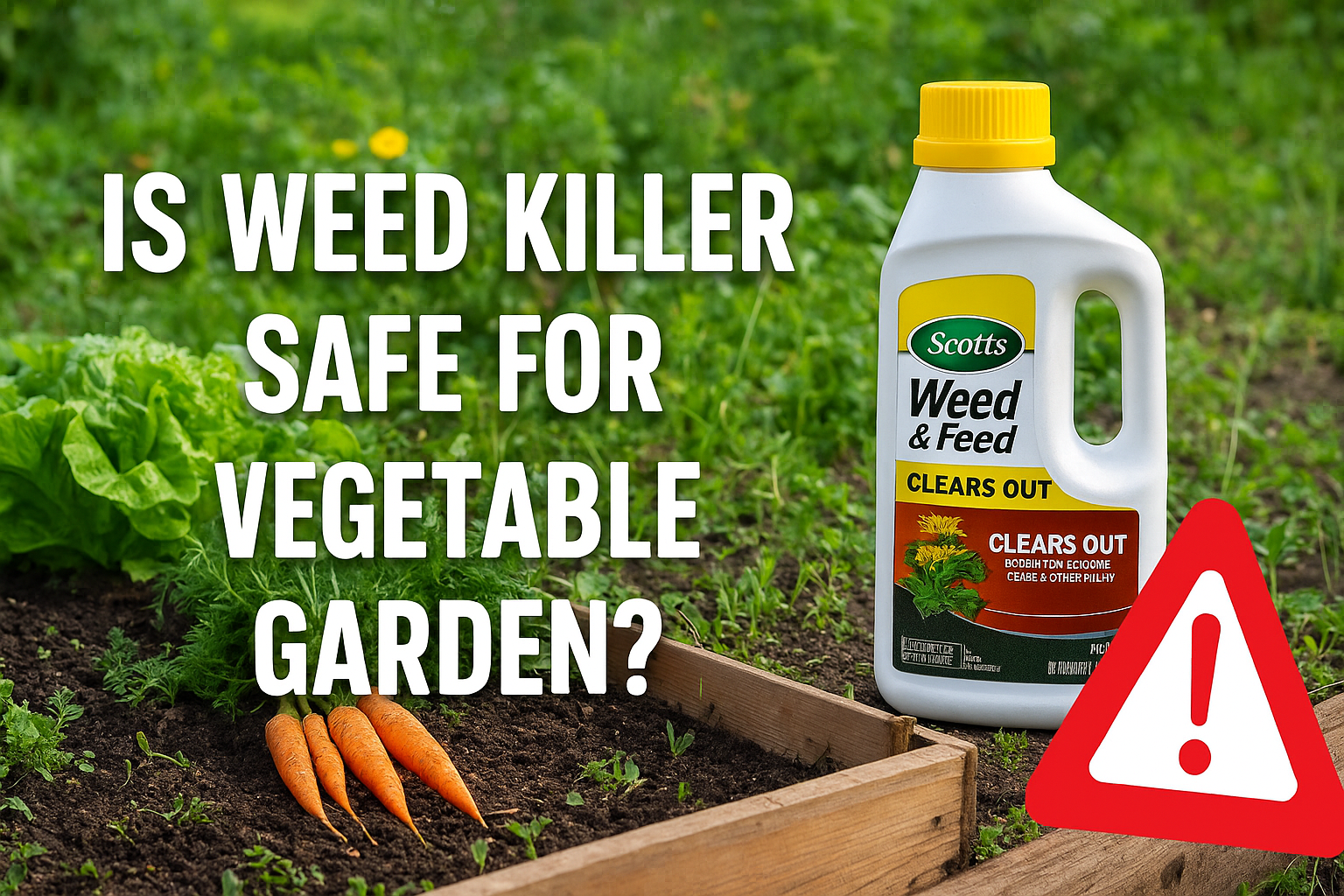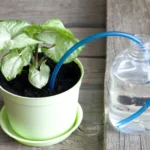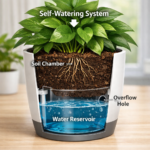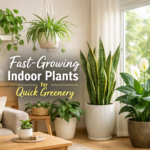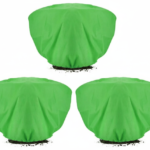If you’re passionate about growing your own vegetables, you already know how frustrating weeds can be. They seem to pop up overnight, competing with your precious plants for sunlight, water, and nutrients. To tackle this, many gardeners consider using weed killers. But here’s the big question: is weed killer safe for vegetable gardens? The answer isn’t as simple as a yes or no—it depends on the type of weed killer, how it’s used, and whether you’re looking at short-term results or long-term impacts. In this article, we’ll break down everything you need to know so you can make an informed choice for your garden and health.
What Are Weed Killers?

Weed killers, also known as herbicides, are chemical or natural substances designed to stop unwanted plants from growing. Their main job is to kill or weaken weeds without harming other plants nearby. Some are selective, targeting specific weed species, while others are non-selective, wiping out anything green they touch.
Different Types of Weed Killers
There are several categories of weed killers, including:
- Systemic herbicides – absorbed into the plant and spread throughout.
- Contact herbicides – kill only the part of the weed they touch.
- Pre-emergent herbicides – prevent seeds from sprouting.
- Post-emergent herbicides – work on weeds that are already growing.
Why Weeds Are a Problem in Vegetable Gardens?

Left unchecked, weeds can overrun your garden, reducing your harvest and making maintenance much harder. This is why many gardeners look for fast-acting solutions like weed killers.
Weeds might seem harmless, but they compete aggressively with your vegetable plants for resources. They:
- Steal nutrients from the soil.
- Block sunlight, stunting vegetable growth.
- Consume water, leaving your plants thirsty.
- Harbor pests and diseases that may attack your crops.
Are All Weed Killers Unsafe for Vegetables?
Not all weed killers are harmful, but most chemical-based ones can pose risks if not used carefully. Selective herbicides designed for lawns, for example, can damage vegetable crops because they target broadleaf plants—exactly what many vegetables are. On the other hand, organic weed control methods such as vinegar or mulching are safe and effective without harming your food.
The key lies in choosing the right method and following safety precautions.
Chemical Weed Killers in Vegetable Gardens
How They Work
Chemical weed killers are formulated to interrupt plant growth. Some block enzymes, others stop photosynthesis, and many prevent root development. While effective, they don’t distinguish between weeds and vegetables.
Potential Risks to Crops and Health
- Chemical residue may remain in the soil and get absorbed by vegetables.
- Health concerns for humans if crops are consumed too soon after spraying.
- Soil health damage, reducing long-term fertility.
If misused, chemical weed killers may solve today’s weed problem but create tomorrow’s food safety issue.
Organic and Natural Alternatives
Vinegar, Salt, and Boiling Water
These are popular natural options. Vinegar’s acidity burns plant leaves, salt dehydrates them, and boiling water scalds roots. While safe for your vegetables, they can still harm soil if overused, so moderation is key.
Mulching and Hand Weeding
Mulching not only suppresses weeds but also improves soil moisture. Hand weeding may take more effort, but it’s the most reliable and safe method for vegetable gardens. Plus, it’s chemical-free and eco-friendly.
Is Glyphosate Safe for Food Crops?
Glyphosate is one of the most widely used herbicides in agriculture and home gardening, best known for its effectiveness in killing weeds quickly. However, its safety around food crops remains highly debated. While some regulatory bodies, like the U.S. Environmental Protection Agency (EPA), claim glyphosate poses no major risks when used according to guidelines, others, including the World Health Organization (WHO), have classified it as “probably carcinogenic to humans.”
The main concern is residue. Glyphosate can remain in soil and on crops, raising questions about long-term exposure through the food we eat. Studies suggest potential links to cancer, hormonal disruption, and negative impacts on gut health. Although using glyphosate away from harvest time may reduce risks, many health experts and organic farmers recommend avoiding it altogether. Safer alternatives, such as mulching or natural herbicides, are better for food gardens and overall health.
Studies and Health Concerns
- The World Health Organization (WHO) classified glyphosate as “probably carcinogenic.”
- Long-term exposure may harm humans, pollinators, and soil microbes.
- Residues may linger in vegetables if sprayed too close to harvest.
Pre-Emergent vs Post-Emergent Weed Killers
When to Use Them
- Pre-emergent herbicides are applied before weeds germinate. They prevent weeds but also block vegetable seeds.
- Post-emergent herbicides target already grown weeds, but the risk of contact with vegetables is high.
Safety Concerns for Vegetable Gardens

When it comes to vegetable gardens, safety should always be the top priority. Using chemical weed killers in areas where food is grown carries several potential risks. First, many herbicides can leave behind chemical residues in the soil, which may later be absorbed by your vegetables. This raises serious concerns about the safety of consuming those crops, especially if they’re harvested too soon after spraying.
Another issue is chemical drift—sprays can unintentionally land on nearby vegetables, damaging plants or contaminating edible parts. Soil health is also at stake, as harsh chemicals often disrupt beneficial microorganisms that are crucial for nutrient-rich soil. Over time, this can reduce the fertility of your garden, making it harder to grow healthy vegetables.
Finally, there are human health risks to consider. Direct exposure during spraying or eating contaminated produce could have negative long-term effects. This is why natural weed-control methods are usually safer choices.
Impact of Weed Killers on Soil Health
Chemical weed killers don’t just target weeds; they affect soil ecosystems too. They may:
- Kill beneficial microbes essential for healthy soil.
- Disrupt nutrient cycles.
- Cause long-term infertility, making soil less productive for vegetables.
Healthy soil equals healthy crops, so this trade-off is not worth it for most gardeners.
Effect on Pollinators and Beneficial Insects
Bees, butterflies, and ladybugs are essential for pollination and pest control. Chemical herbicides often harm these insects, reducing pollination rates and increasing pest problems in your vegetable garden. Protecting pollinators means protecting your food supply.
Homemade Weed Control Solutions
You don’t need harsh chemicals to control weeds. Homemade solutions include:
- Corn gluten meal – acts as a natural pre-emergent.
- Newspaper layers – block sunlight and suffocate weeds.
- Essential oils (like clove oil) – natural weed-killing sprays.
These are safe, cheap, and environmentally friendly.
Best Practices for Safe Weed Management in Vegetable Gardens
Managing weeds in a vegetable garden doesn’t have to mean turning to harsh chemicals. By following safe and practical methods, you can protect your crops, soil, and health while still keeping weeds under control. One of the most effective approaches is mulching—using straw, grass clippings, or wood chips to block sunlight, reduce weed growth, and retain soil moisture.
Regular hand weeding is another safe and reliable method. Pulling weeds when the soil is moist ensures you remove the roots completely, preventing quick regrowth. Crop rotation and dense planting also help minimize weed spread by reducing open soil where weeds can thrive.
If you must use sprays, opt for organic herbicides made from vinegar, clove oil, or citrus extracts, and always apply them carefully to avoid harming vegetables. Timing also matters—weed early before plants mature, and never spray near harvest. Consistency and prevention are the keys to safe weed control.
Best Practices for Safe Weed Management in Vegetable Gardens with Scotts Turf Builder Weed and Feed5
When considering weed control for your vegetable garden, it’s important to understand the products you’re using. Many gardeners turn to lawn care products like Scotts Turf Builder Weed and Feed5 because of its popularity in controlling broadleaf weeds while nourishing grass. However, this product is designed specifically for lawns, not vegetable gardens. Using it around edible crops can pose risks due to the chemical formulation, which may leave residues unsafe for human consumption.
Instead, safe practices such as mulching, hand weeding, crop rotation, and organic sprays remain the best solutions for managing weeds in vegetable gardens. If you’re tempted to use products like Scotts Turf Builder Weed and Feed5, always check the label carefully—most will clearly state they are not intended for edible plants. By sticking to safe, garden-friendly methods, you protect your soil, your vegetables, and ultimately, your health.
Precautions if You Must Use Weed Killer
- Choose products labeled safe for vegetable gardens.
- Wear protective clothing and gloves.
- Avoid spraying near harvest time.
- Apply only to targeted weeds, never to the whole garden.
Conclusion
So, is weed killer safe for vegetable gardens? The truth is that most chemical herbicides carry risks to your soil, crops, and health. While they may seem convenient, their long-term impact makes them less ideal for food gardens. Instead, choosing natural methods like mulching, hand weeding, and organic sprays ensures you grow vegetables that are truly safe to eat. At the end of the day, a little extra effort in weed management today means a healthier harvest tomorrow.
FAQs
1. Can I use Roundup in my vegetable garden?
It’s not recommended. Roundup contains glyphosate, which is controversial and may leave harmful residues in your crops.
2. What is the safest weed killer for vegetable gardens?
Natural options like vinegar, boiling water, or mulching are safest. Always avoid harsh chemicals.
3. How do I kill weeds without harming vegetables?
Use targeted methods like hand weeding, mulching, or applying natural sprays directly to weeds.
4. Will chemical weed killers affect my soil long-term?
Yes, many herbicides disrupt soil microbes and fertility, making it harder to grow healthy crops in the future.
5. Are there any organic weed control products available commercially?
Yes, you can find organic herbicides made with ingredients like clove oil, acetic acid, or corn gluten meal.
